Here’s the difference between poetry and prose:
Prose is the most common form of everyday writing, and the style is straightforward without a great deal of ornamentation.
Poetry serves mainly as artistic expressions of something special and its language tends to be more expressive, with comparisons, rhymes, and rhythm adding to the overall feel and sound.
If you want to learn all the differences between poetry and prose, this is the article for you.
Keep reading!

What Is the Differences Between Poetry and Prose?
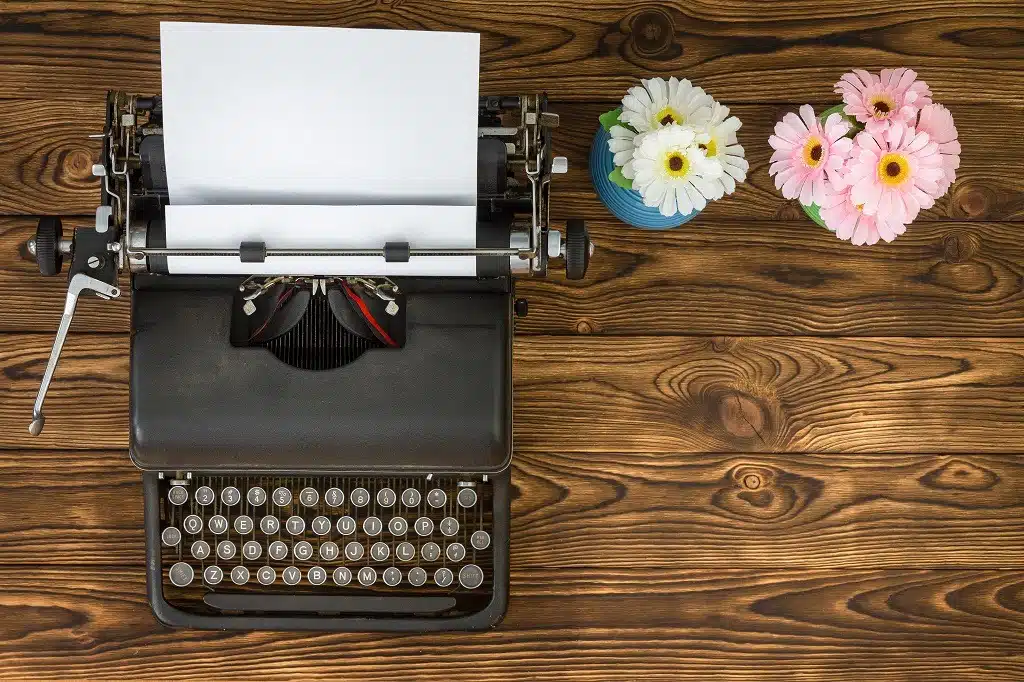
| Poetry | Prose | |
| Definition | Serves mainly as artistic expressions of something special. | The most common form of everyday writing. |
| How it’s structured | All kinds of forms depending on line length and the poet’s intentions | Big blocks of words |
| Scope | Ideas are expressed in lines that may or may not be a sentence | Ideas are in sentences arranged into paragraphs |
| Nature | Style tends to be more expressive, with comparisons, rhymes, and rhythm adding to the overall feel and sound | Style tends to follow natural patterns of language and the use of grammatical structure |
| Specificity | Uses line breaks for example to follow a rhythm and emphasize an idea. A line can be very long or as short as a letter | No line breaks. Once a line hits the white space at the margin, it starts on the next line |
While poetry and prose are ultimately both forms of self-expression, there are a great many differences in how the two achieve their goals.
Before jumping into either one, it can be worthwhile to identify the purposes, techniques, and histories that differentiate them.
This can better inform your decision as a writer when choosing the medium you’re going to dabble in next.
Here’s overview of how poetry and prose differ:
Let’s get to the details!
#1 Purpose of Poetry and Prose

While both poetry and prose can tell a story or share a feeling, there are some common trends.
Poems, which often tend to be shorter, are typically restricted to a single moment or a unified feeling that pervades the entirety of the poem.
While this isn’t necessarily always the case, this “tunnel vision” mentality has produced countless impressive works.
Stories, by contrast, are often meant to be complex and detailed. A prose piece may have dozens of chapters with dozens of characters, each with their own verbal tics and carefully described habits.
Poetry often leaves much up to the reader’s interpretation instead, but both approaches have their own advantages.

Another slight difference in purpose is that poetry is often, though not always, designed with phonetic techniques.
Prose writing is often dominated by concept and theory, but poetry utilizes a wealth of well-worn tricks like rhyme and assonance to create charming rhythms.
One key reason behind this difference is the difference in their histories. Poetry traces its roots back to oral recitations.
Poems were purposely designed to be read aloud, and the many techniques created to make them more appealing have carried over into the modern-day.
Live poetry readings are still held to this day, albeit in more niche settings.
#2 Structure of Poetry and Prose
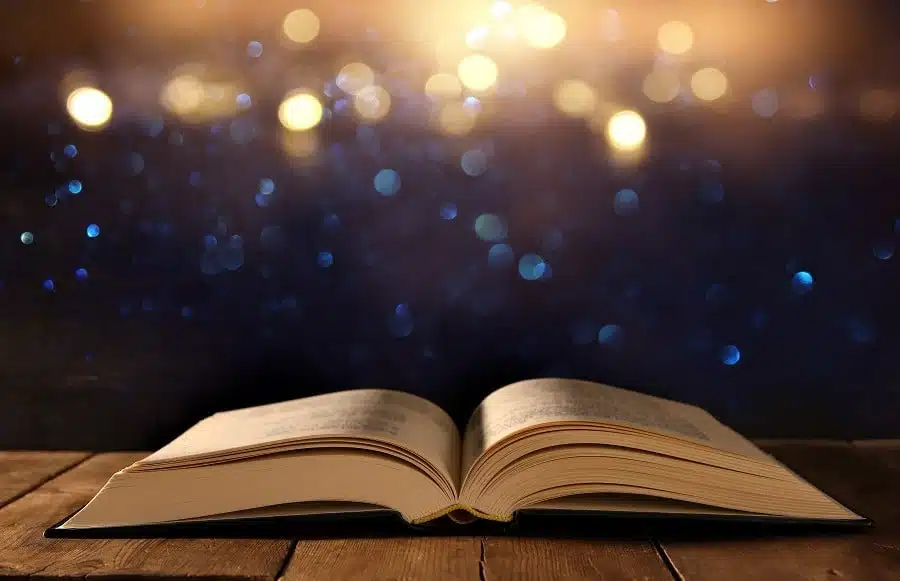
The most obvious difference between poetry and prose lies in the structure. While prose is written in lengthy blocky paragraphs that fill the page, poetry purposely leaves much of the page blank. Thus, white space and line length become significant tools in the expression of the piece.
This allows poets the freedom to decide when the reader will take an extra moment to absorb a line or when they’ll be whisked away to the next thought.
Choosing the right time and place to break up a line is one of the most important talents a new poet needs to develop because it’s one of the biggest advantages poetry has to leverage.
A poem written to feel claustrophobic and dense may look like:
As the walls come closing in
I worry with a fading grin
and my patience all grows thin
as I lay here steeped in sin
while my fear starts to win
and as the crawling now begins
I feel an itch beneath my skin.
In the above poem, several contributing factors help to sell the suffocating feeling of the poem. First, the poem is all one stanza. The longer a stanza and its lines are, the denser and over-populated it feels.
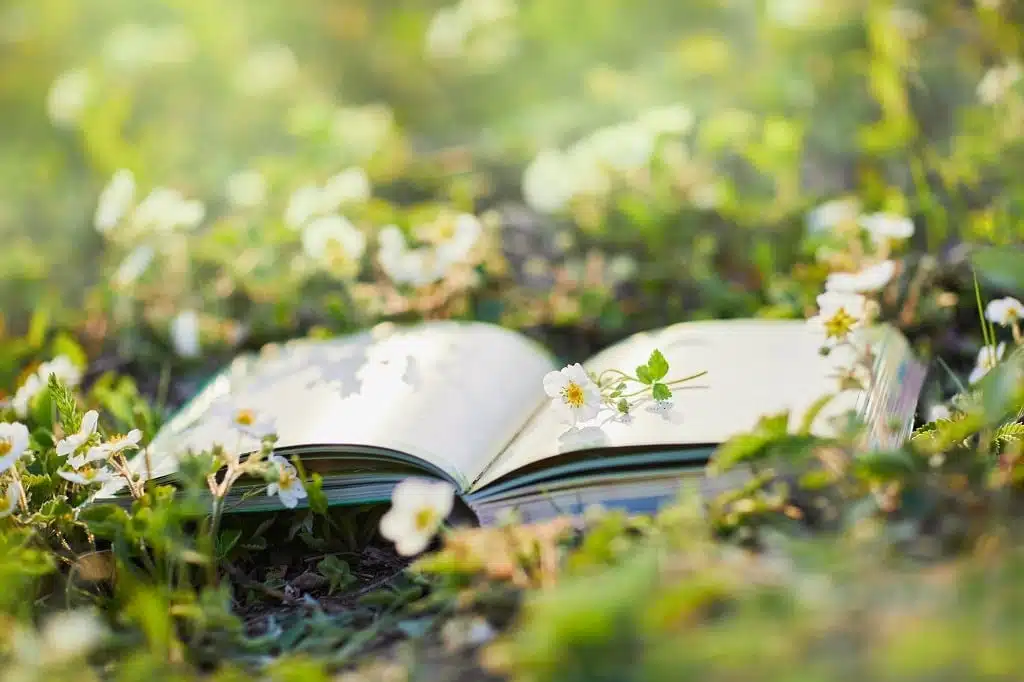
While prose could technically try something similar with long paragraphs, it would be ill-advised since average paragraphs already stretch the patience of most readers.
Second, only one ending sound is used. By repeating the same sound over and over again, there’s a feeling that the poem isn’t making any progress away from where it began.
Different rhyme schemes can have different effects on the vibe of the poem.
Third, excessive enjambment is used. If you were to write out the entire poem, it would become apparent instantly that it’s actually a run-on sentence.
Prose typically follows the rules of grammar religiously, with some rare exceptions, but poetry is freely allowed to break up its grammar and syntax to whatever ends best benefit the poem.
To give a counter-example, let’s say we want a casual, relaxed feeling for our poem:
I look up and see,
far up in the sky,
something nice
that catches my eye.It’s a puffy cloud
floating over me.
A wonderful thing
that I happily see.
In this case, the rhyme scheme does not use every end sound and switches between stanzas. The line lengths and stanza lengths are both shorter, making it easier on the eyes.
And instead of enjambment, most of the lines end with a punctuation mark. This breaks up the poem into easily digestible chunks.
#3 Rules of Poetry and Prose
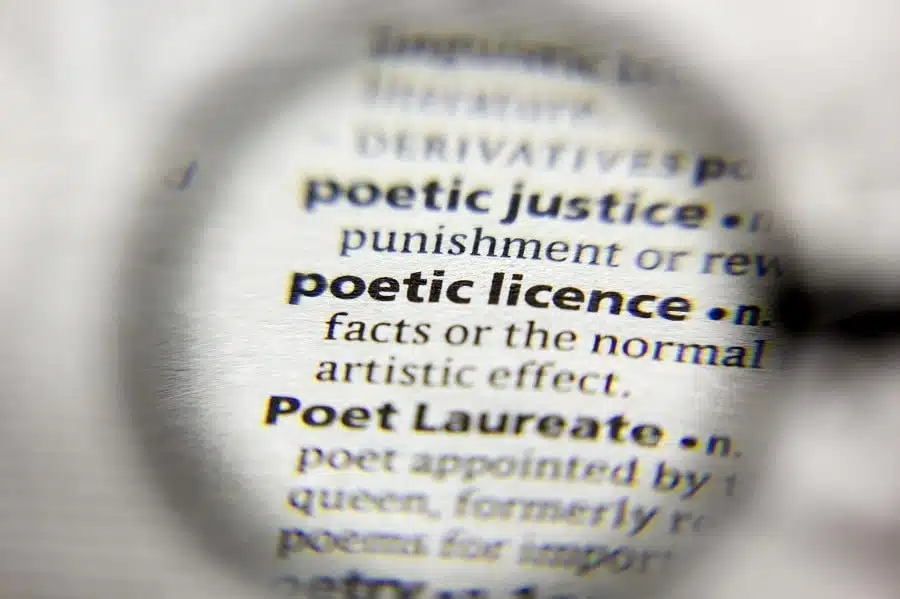
While the English language rules don’t actually change between mediums, there is a certain tightening of the leash that occurs when writing prose.
With some exceptions, prose is expected to follow proper syntax and grammar and represent a narrative of some kind.
Prose is usually made up of scenes defined by rising action, climaxes, and falling action.
Thanks to all the tight standards, prose can sometimes feel rather suffocating. Many writers who turn to poetry see it as a break from prose because the rules are more loosely followed.
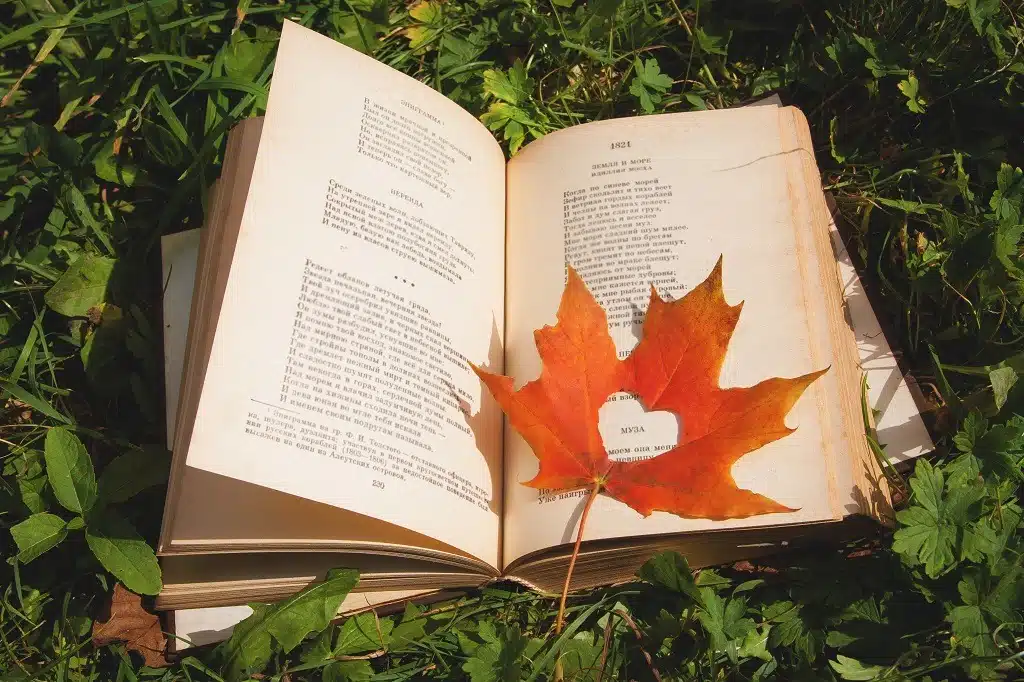
Poetry is seen as being “allowed” to be whimsical and nonsensical, placing punctuation marks in places where they normally wouldn’t be, capitalizing words just because it feels right, writing out thoughts in sentence fragments or other amorphous blobs of words.
A poem can be experimental, ridiculous, and wild but still be seen as “normal” within the context of poetry.
That’s a very freeing sensation for many writers who grew up following the strict “rules” of English beneath the watchful eyes of authoritarian teachers.
#4 Ease of Access of Poetry and Prose

While it’s rarely mentioned, I’d wager that many, many poets only started writing poetry because it “looked easy.”
Writing a poem that changes history certainly isn’t easy, but there’s still some truth to that gut feeling.
After all, there’s a big difference between writing a few lines about a feeling versus writing a 20-page article about the medical benefits of potassium.
Between the short length and relative freedom associated with poetry, and especially free verse poetry, it really is easy to write your first poem.
Maybe it’ll take a while to get good at it but writing fifty poems will certainly go by faster than writing fifty books will.

Despite it rarely comes up in conversation, I think there’s a general feeling that a poem is something anyone can make time for, whereas the time and effort required to publish your first novel are going to be rough.
So if you don’t write a poem for any other reason, at least think of this before dismissing poetry: A poem is something fun and charming you can finish in just a few minutes between projects.
